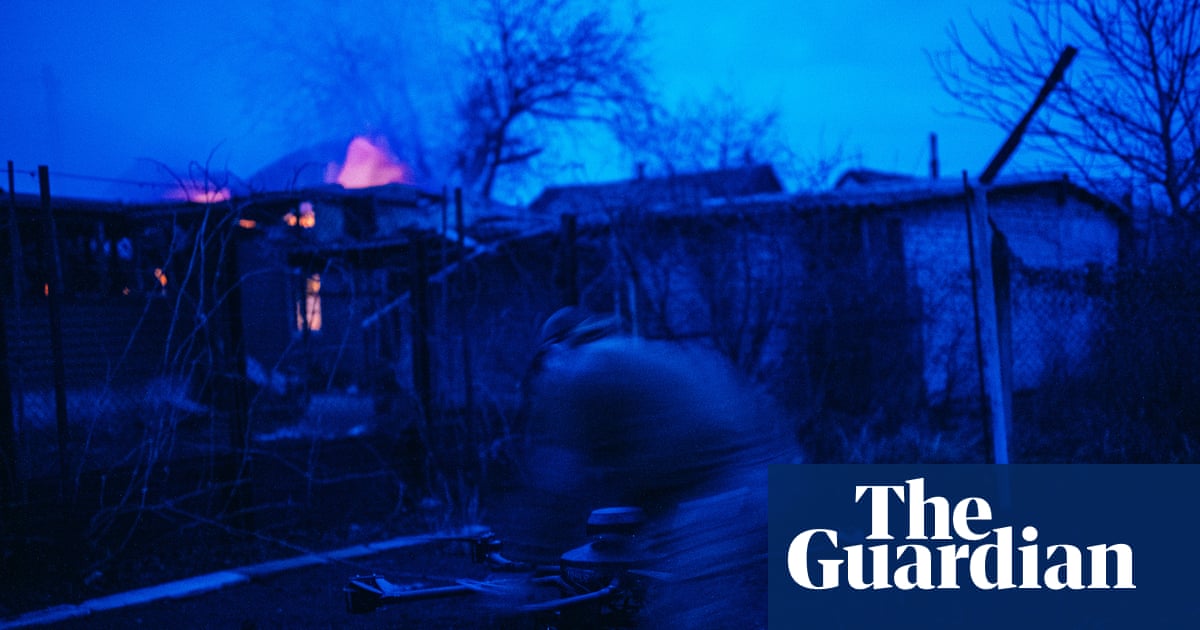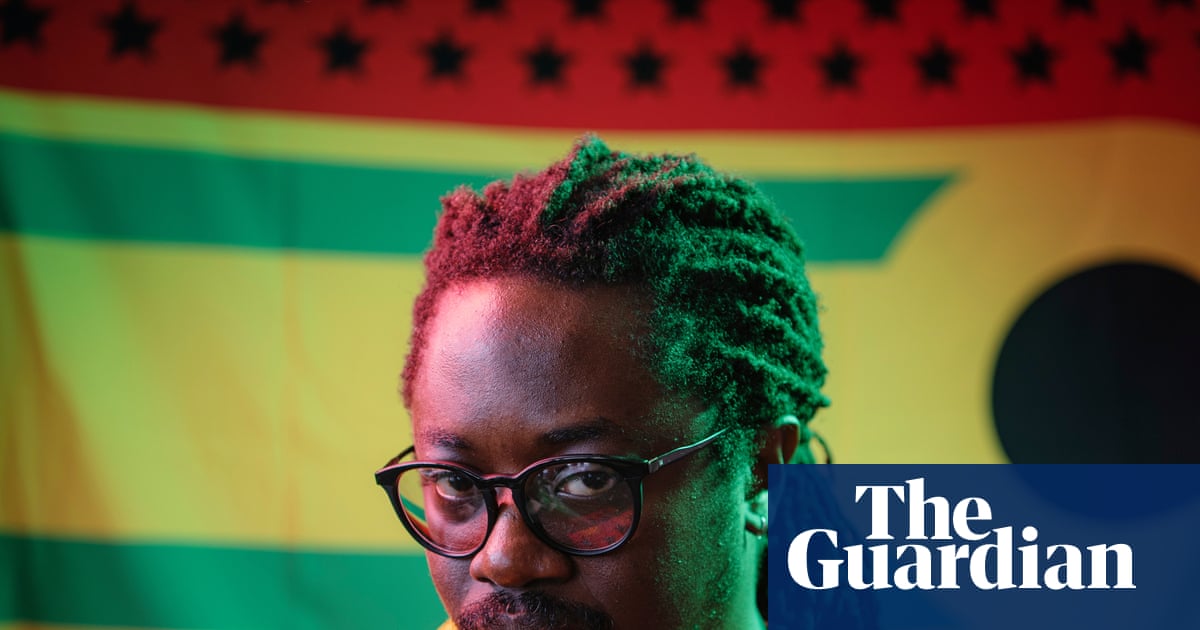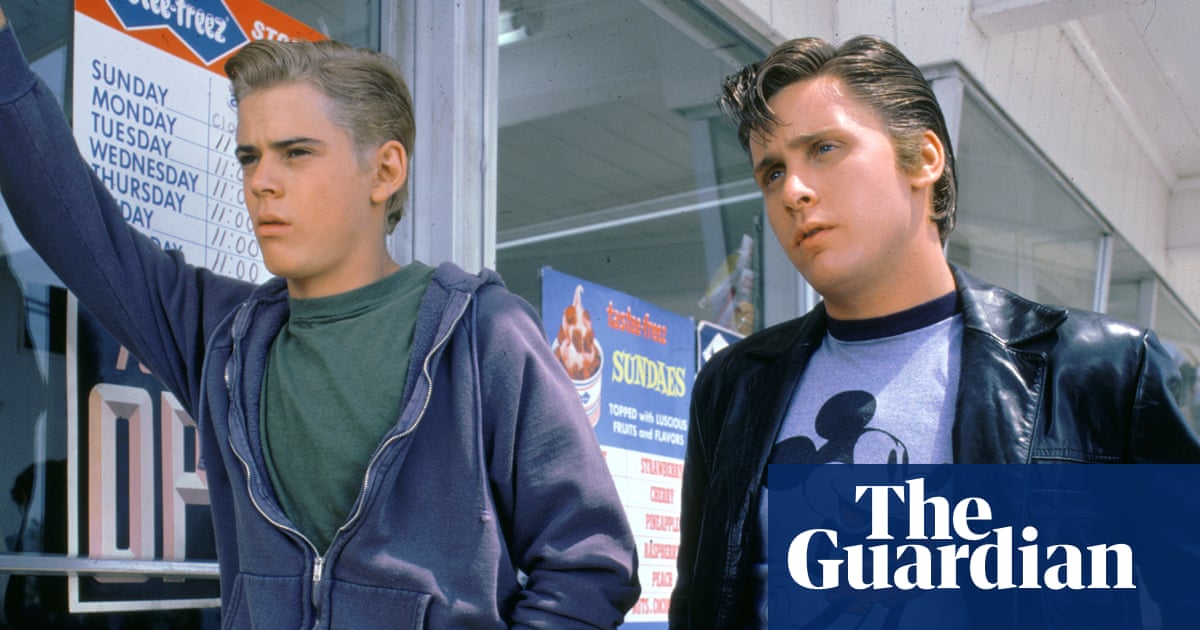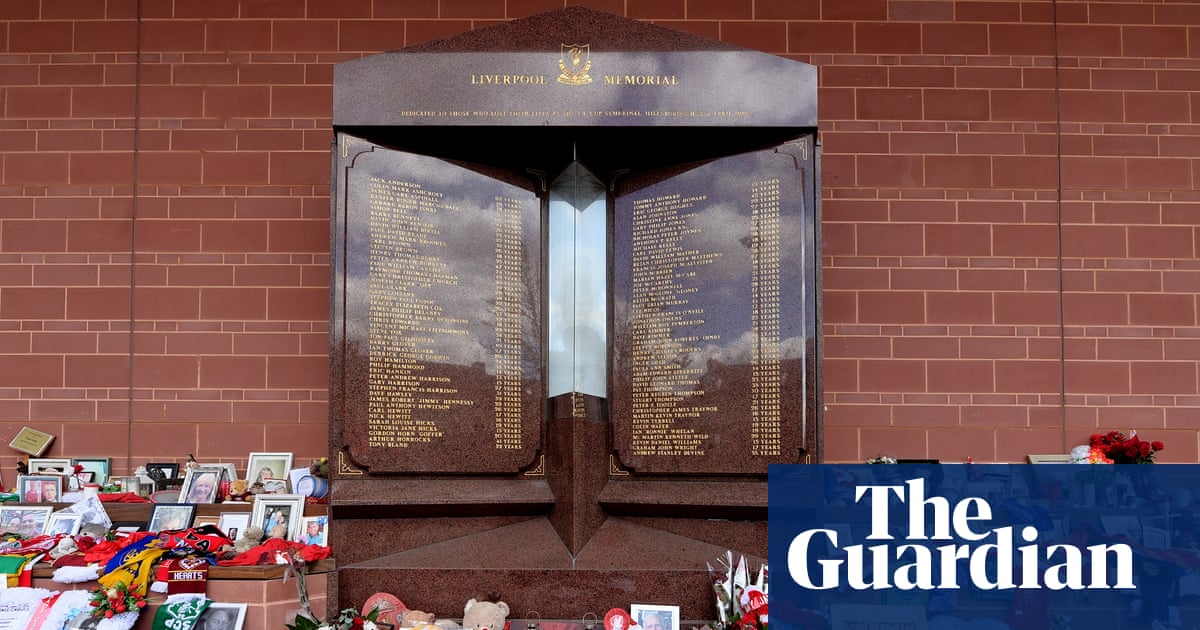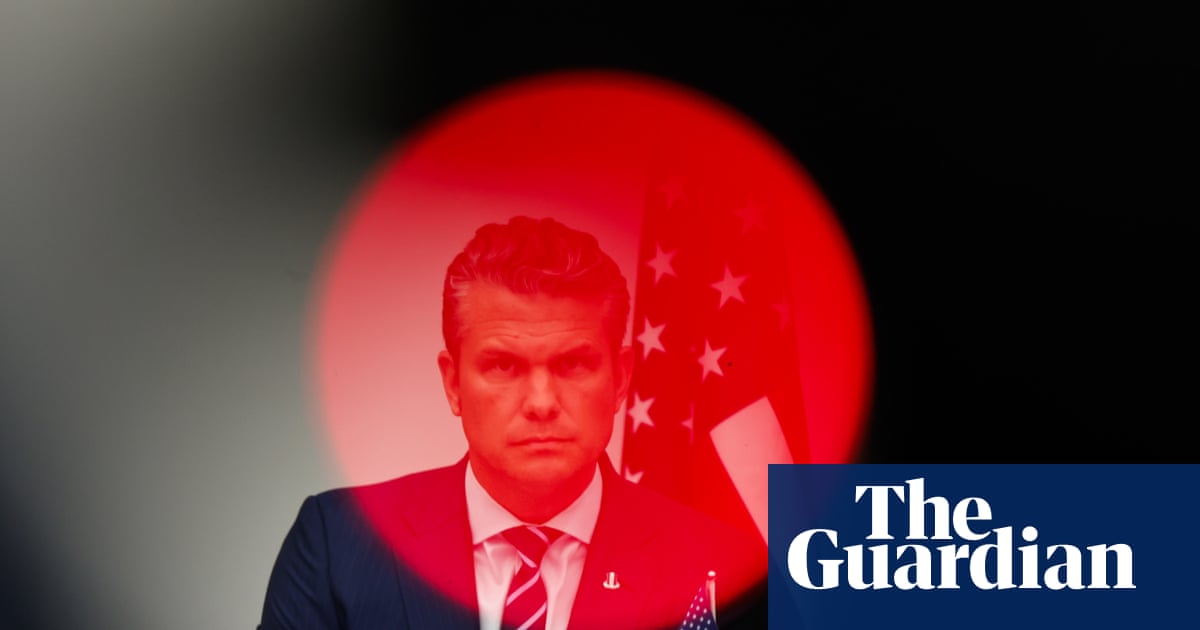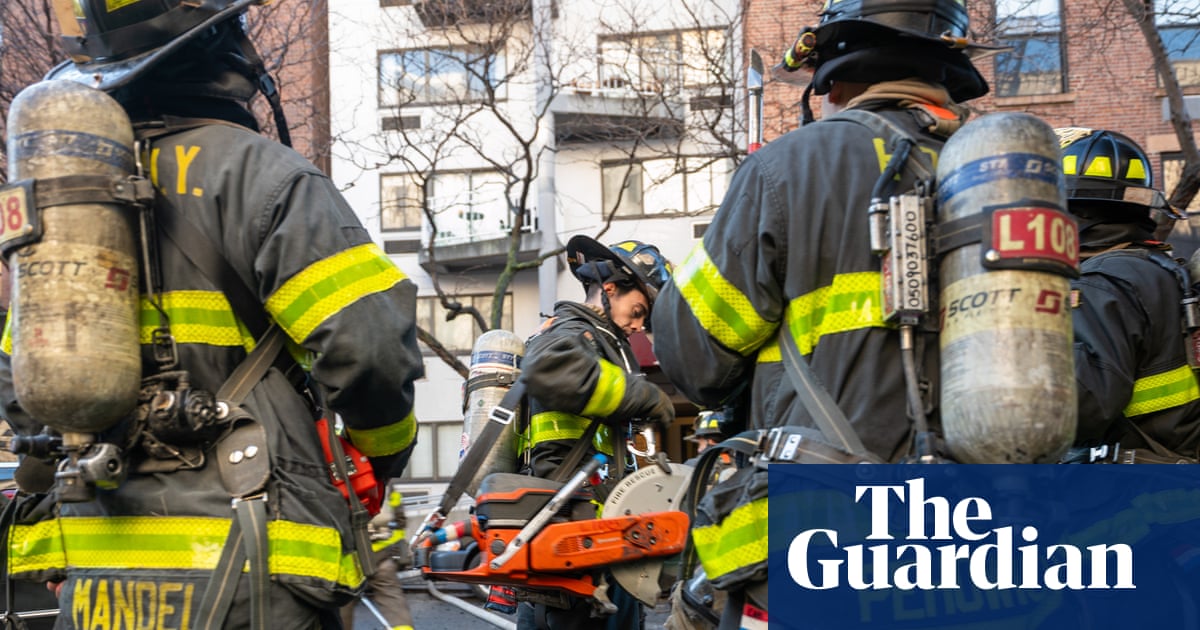Tomas Lindberg was not the voice of death metal – he was so much better than that. During his 35-year career fronting Swedish band At the Gates, he never toed the line, never grunted about loving violence and hating Christianity because the genre dictated that you do so. Rather, he ripped up the rulebook with both his messaging and his delivery, setting a new standard for distinctiveness in extreme music.
Lindberg – who has passed away aged 52 after being diagnosed with adenoid cystic carcinoma, a rare oral cancer – was fascinated with suffering. Yet, unlike his peers, he was seldom concerned with the suffering caused by a chainsaw or organised religion. It was the suffering inside of us, rooted in our own expectations, trauma and follies. “Twenty-two years of pain and I can feel it closing in,” goes the bridge of 1995’s semi-autobiographical fan-favourite track Cold. “The will to rise above, tearing my insides out.” And Lindberg delivered each line not with a typical, guttural rumble, but with a wailing screech that made all that anguish feel even more real.
Born on 16 October 1972, Lindberg co-founded At the Gates in Gothenburg in 1990. They started as a somewhat lumbering musical entity, with early albums The Red in the Sky Is Ours and With Fear I Kiss the Burning Darkness attempting to push the death metal envelope using extended run times, structure-agnostic songwriting and violin solos.
The band tightened up after guitarist/composer Alf Svensson left in 1993 and broke into a thrash metal-inspired sprint on the 1994 EP Terminal Spirit Disease. But Lindberg’s agonised poetry remained a constant. The singer told Invisible Oranges in 2010: “The whole concept of writing lyrics for me has always been to work myself through different subjects and to try to find my own standpoint, to not be guided by already fixed ideas.”
In 1995, not long after a disastrous UK tour left the band furious and near penniless (at one point the band were left stranded in a Norwich car park for several days), At the Gates recorded their magnum opus, Slaughter of the Soul. Their frustration manifested across a blisteringly quick 34 minutes, ignoring all frills and breaking extreme metal down to its bare components: two or three riffs per song, chugging rhythm guitars comparable to Metallica, and histrionic harmonies influenced by Iron Maiden. With Lindberg at his most lyrically introspective (“Sweet nauseating pain, is death the only release?” he sang on Blinded by Fear) the material was as relatable as it was high-octane, and it became a surprise international hit.
At the Gates barely got to enjoy the fruits of their labour, breaking up in 1996 after lead guitarist and co-founder Anders Björler and his brother, bassist Jonas, stepped down. They didn’t return until 2007. “We were so young, inexperienced and unused to coping with outside, or internal, pressure,” Lindberg explained during a 2014 Guitar World interview. “There’s no real communication when you’re 20.” However, their absence lent their music a quasi-mythical quality, and it piqued the intrigue of future members of such US bands as Trivium, Killswitch Engage and Lamb of God. Openly inspired by At the Gates’ fusion of power and melody, they became some of the biggest stars in metal during the midtolate 2000s.
Once At the Gates returned, they put out three more albums and toured frequently, while Lindberg balanced the band with other musical projects and a job as a social studies teacher, not that his pupils were fussed. “What’s interesting is that it’s usually other teachers who think you’re cool,” he told Loudwire in 2021. “They want to know about touring stories [but] I’m like, um, no. I’d rather be the nice-but-a-bit-boring teacher.”
Lindberg was diagnosed with cancer in December 2023 but kept his condition hidden from fans until last month, when At the Gates issued a statement saying that he was “being closely monitored around the clock”. Three decades after Slaughter of the Soul made his band global idols, the singer’s cliche-breaking words and passionate screaming still feel like a benchmark that no death metal vocalist is likely to touch again.

.png) 2 months ago
53
2 months ago
53

